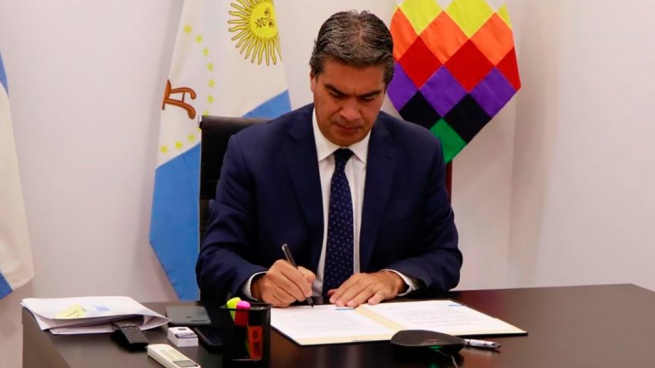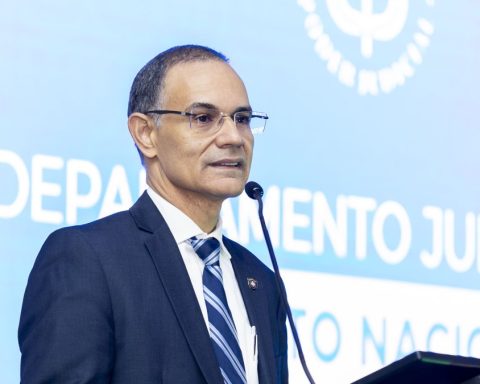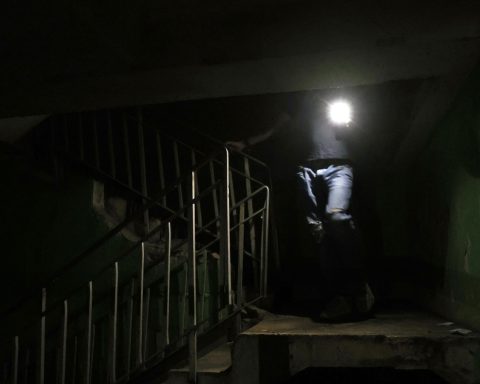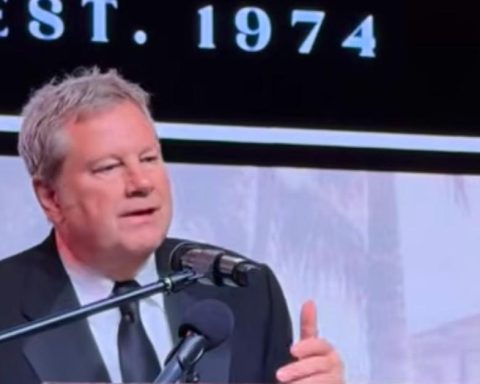The governor of Chaco, Jorge Capitanich, assured that the measures that will be announced next Wednesday by the appointed Minister of the Economy, Sergio Massa, must include “actions and instruments that progressively tend to solve problems in the fiscal, monetary and foreign exchange areas, but with anchoring and shock”.
Capitanich added that the package of initiatives that are put into practice “should tend to generate incentives in the supply of foreign currency and, on the other hand, promote a scheme for the rational use of resources in dollars, in order to generate a bridge.”
In declarations to the news channel C5N, the president of Chaco insisted on the need to deal with the “problem of exchange rate instability” through an “anchoring” and a “shock”, and then stated that the application of the first measures should conform “a precise and clear path”.
In any case, Capitanich clarified that he has no information of any kind on what Massa will do once he takes office and stressed that his proposals on these issues respond exclusively to a personal opinion.
On the other hand, referring to the last meeting of the League of Governors at the Federal Investment Council (CFI) and the subsequent meeting with President Alberto Fernández at the Casa Rosada, he said that the provincial leaders proposed “adopting decisions that involve centralizing and strengthen economic management in order to achieve immediate results”.
That meeting, held last Wednesday, preceded the reorganization of the government team ordered by the President, with the entry of Massa into a cabinet that has already begun to be modified so that the Ministry of Economy recovers functions with the incorporation of Production, Agriculture and other economic areas.
For Capitanich, the great challenge is to face “the exchange rate instability, product of the external restriction” and “high inflation”, although in parallel he stressed that together with the problems of the economic situation, it shows some strengths, such as “the situation of the provinces is in surplus, the Argentine financial system is liquid and solvent, and the unemployment rate is 7 percent”.
In addition, the man from Chaco slipped that some issues of the situation can be read as opportunities, among them the possibility that the Frente de Todos recover “cohesion and political unity”, while in economic matters he mentioned that “the prices of Argentine financial assets are on the floor”, a fact that -paradoxically- could constitute a favorable scenario for value to recover.


















